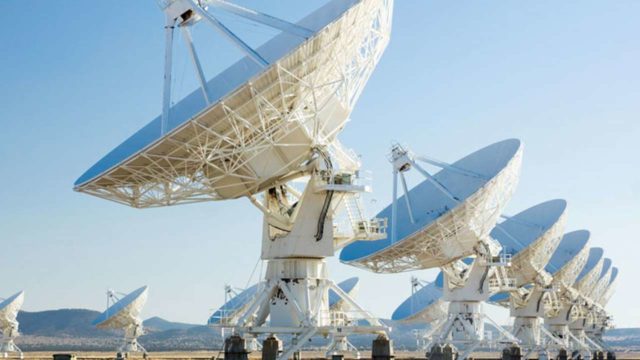By Gbenga Salau.
PHOTO: GOOGLE
Three months after Lagos officially transited from analogue to digital broadcasting, there are indications that residents have not started feeling the impact of the launch. The scenario is, however, not peculiar to Lagos, as there have been complaints of technical hitches, poor signals aside many channels that subscribers had thought would be available on the decoder were not or loses signal at interval across other states.
This is contrary to the narrative that the Digital Switchover project, when fully completed, will translate to an increase digital television penetration, improved quality television services, audience preference ratings at the touch of a button, crystal clear sound and visuals and other value-added services.
Other benefits expected from the project include job creation in the creative and set-top box manufacturing and retailing sectors of the economy. These have not also been the case across the different cities the programme has taken off.
Globally, many countries have switched from analogue to digital broadcasting with an impressive consequence of high definition and qualitative signal reception and output. The journey towards Digital Terrestrial Television (DTT) broadcasting on the UHF platform started in Nigeria on June 17, 2006. This followed the dateline of June 17, 2015, set by the International Telecommunication Union (ITU) for member countries all over the world, to switch over from analogue to digital broadcasting.
Due to the enormity of the phenomenon, many countries had to review their switchover deadline. Nigeria was no exception. Nevertheless, a lot of milestones have been achieved in the journey towards digitisation in Nigeria. Free TV is the Official Nigerian National Free-To-View DTT and DSAT broadcasting platform. It is a content aggregator with the responsibility to manage, market and promote to the end consumer as a part of the Nigerian National Digital Switch Over (DSO) Strategy. It is an open platform, which enables any content or pay TV provider to broadcast their content so that Nigerian consumers only have to buy one box to view all the content.
Following several reviews, Jos became the pilot city and on April 30, 2016, the Federal Government launched the pilot phase of the digital transmission project that kick started the digitisation process in Nigeria.
The Federal Capital Territory (Abuja) followed swiftly on the 22nd of December 2016.
The Digital Broadcasting train got to Ilorin, Kwara State, on December 20, 2017 and two days after, Kaduna State dovetailed. Enugu switched on live on the February 12, 2018, while Osun State, concluded the first phase of the digital switchover when the digital Television broadcasting ship berthed in Osogbo on February 23, 2018. In the phase 2 of the digital sensation, 13 states were scheduled to switch on, which started with Lagos State on April 29, 2021.
But the poor take off of the programme in Lagos after it was launched is said to be compounded by the debt owed the service providers including SES, ITS, call centre operators, and other individuals.
This is also said to have hampered the take off of the project in other states in the phase 2. The timeline for the DSO in other states in the second phase are as follows: Kano, June 3, 2021; Rivers, July 8, 2021; Yobe, July 15, 2021; Gombe, August 12, 2021; Imo, August 24, 2021; Akwa Ibom, August 31, 2021; Oyo, September 9, 2021; Jigawa, September 23, 2021; Ebonyi, October 7, 2021; Katsina, October 21, 2021; Anambra, November 4, 2021 and Delta, November 18, 2021.
Surprisingly, months after the launch in Lagos, besides the hiccups besetting project, many residents are not aware what the digital switchover is all about. Also, those who are aware have not taken interest to key into the project.
Complaining on one of the social media platforms of FreeTV, Anthony Ibrahim said he recharged his free TV, but for several days it was not working. “But if I remove the power cable and plug it back it will start working. Once I turn it off and put it on again, it will show the decoder has expired.”
On her part, Akolade Temitope said for several weeks, she has been unable to watch her free TV. “In fact, once it displays the first page, nothing shows further.”
When a resident, Tajudeen Bankole was asked if he had keyed into the digital switch over project of the government, he demanded an explanation of the meaning, wondering when the project started and was launched in Lagos.
Although, Joy Solomon said she has heard about the digital switchover, she has not taken steps to explore it by getting connected and subscribed. She added that this was fueled by the fact that she has not taken keen interest to fully understand what the project was all about.
Yet, these are residents of places where FreeTV has launched its signal. Some of the locations within Lagos said to have fully switched over to digital broadcasting include Ilasa, Festac, and Ikoyi.

